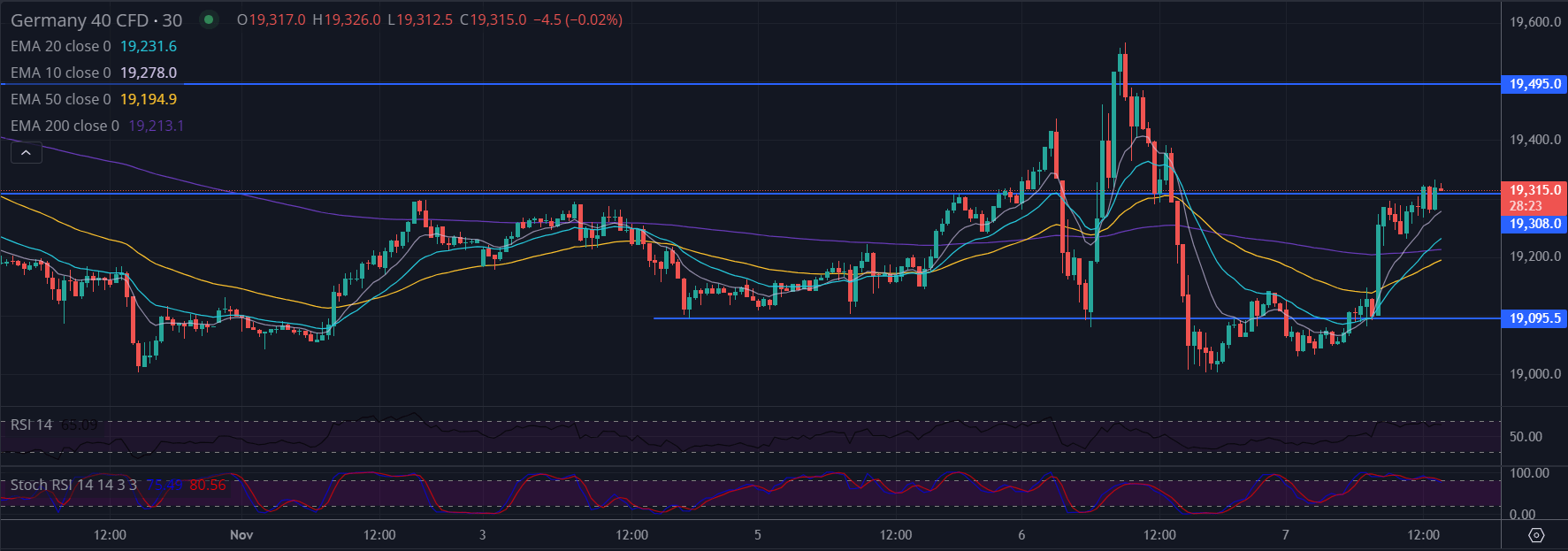
German Coalition in Crisis as Finance Minister sacked by Olaf Scholz
The dismissal of German Finance Minister Christian Lindner has led to the collapse of the current ‘traffic light’ coalition government, plunging Germany into a period of political uncertainty, less than two weeks before a crucial decision on the 2025 federal budget.
Just 1 week earlier, an 18-page policy paper by Christian Lindner, calling for fundamental economic policy changes, had drawn significant backlash from coalition partners.
This ideological rift ultimately proved too wide to bridge, leading to Scholz's drastic action. The withdrawal of Lindner’s FDP likely paved the way to early elections as soon as early next year.
Key Points in Lindner’s Position Paper
Lindner’s paper, titled “Economic Transition for Germany – Economic Concepts for Growth and Inter-Generational Fairness,” outlines the FDP’s policy proposals, including:
- Relaxing emissions reduction laws and lowering national climate targets, advocating for EU-level targets instead.
- Cutting social security contributions and lowering taxes.
- Reducing government support for renewable energy, energy-efficient building renovation, and climate contracts for industrial transformation.
The proposals are starkly opposed to the climate-focused priorities of the SPD and the Green Party but have gained support from the conservative CDU opposition.
Coalition Disunity Amidst Budgetary Pressure
The leaked paper arrives at a critical time, as Germany’s coalition is preparing to finalize its 2025 budget. The SPD and Greens have both sought to solidify their identities within the coalition, and now the FDP appears to have positioned itself independently.
Recent challenges include:
- The Constitutional Court’s 2023 ruling against earmarking €60 billion for Germany’s Climate and Transformation Fund, complicating budget decisions.
- Significant policy disagreements on climate and industrial policy between the coalition partners.
Divergent Reactions
The leaked paper was met with immediate disapproval from SPD and Green leaders:
- SPD Co-Leader Saskia Esken stated that Lindner’s proposals are "impossible to implement within the coalition," warning of severe strain on the partnership.
- Green Party’s Deputy Leader Andreas Audretsch criticized Lindner for not addressing budgetary gaps and emphasized the need for the finance minister to prioritize fiscal responsibility.
On the other hand, opposition leaders were supportive:
- CDU Leader Friedrich Merz and CSU Leader Markus Söder welcomed Lindner’s ideas, with Söder suggesting that the coalition’s unity might be irreparably broken.
- CDU Deputy Leader Jens Spahn hinted at re-evaluating Germany’s nuclear phase-out, suggesting that the next election could act as a referendum on the issue.
Immediate Consequences
- Government Instability: Germany now faces a period of governmental instability, delaying decision-making on crucial issues.
- International Perception: Germany's role as a stabilizing force in the EU could be temporarily diminished.
Immediate effect on the market
The DAX surged 300 points following the news of Christian Lindner's dismissal, as market sentiment improved with the anticipation of potential policy shifts. The German index saw strong performances in industrial and defense stocks, which led the gains, buoyed by expectations of favorable conditions for industry and renewed government investment in these sectors. Major players in defense and manufacturing, experienced notable increases, reflecting investor optimism that new policies might support growth and stability in Germany's industrial base. The highest gains were noted in Rheinmetall AG with a rise in its share price of 6%, Thyssenkrupp AG noting a 7.5% gain and Heidelberg Materials gaining 4.5%.

What Happens Next?
The German political system now faces several potential scenarios:
- Formation of a New Coalition:
- Scholz could attempt to form a new coalition, potentially reaching out to other parties like the CDU/CSU.
- This would require intense negotiations and possible policy compromises.
- Minority Government:
- The SPD and Greens might opt to continue as a minority government.
- This would necessitate issue-by-issue support from other parties, making governance challenging.
- Snap Elections:
- If no viable coalition can be formed, Germany might head to early elections.
- This could reshape the political landscape but also prolong uncertainty.
- Caretaker Government:
- In the interim, a caretaker government led by Scholz might manage day-to-day affairs.
- Major policy decisions would likely be put on hold during this period.
Outlook and Potential Snap Election
A potential snap election will now have the possibility to reshape the government’s approach to key policy areas such as climate, energy, and fiscal management. With those who remain potentially altering budgetary decisions and economic stimulus measures. Germany's ambitious climate goals might also face delays or revisions.




